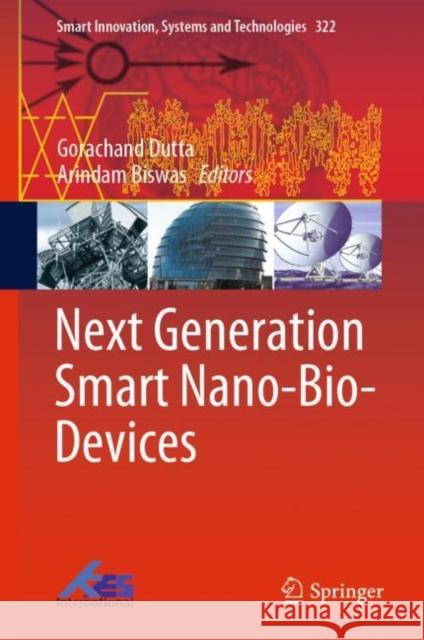Next Generation Smart Nano-Bio-Devices » książka
Next Generation Smart Nano-Bio-Devices
ISBN-13: 9789811971068 / Angielski / Twarda / 2022 / 209 str.
Next Generation Smart Nano-Bio-Devices
ISBN-13: 9789811971068 / Angielski / Twarda / 2022 / 209 str.
(netto: 382,46 VAT: 5%)
Najniższa cena z 30 dni: 385,52
ok. 22 dni roboczych.
Darmowa dostawa!
This book addresses challenges for the development of a point-of-care-test platform. The book describes printed chip-based assay (Lab-on-a-Chip, Lab-on-a-PCB) for rapid, inexpensive biomarkers detection in real samples. The main challenges of point-of-care testing require implementing complex analytical methods into low-cost technologies. This is particularly true for countries with less developed healthcare infrastructure. Washing-free, Lab-on-Chip, and Lab-on-PCB techniques are very simple and innovative for point-of-care device development. The redox cycling technology detects several interesting targets at the same time on a printed chip. The proposed areas are inherently cross-disciplinary, combining expertise in biosensing, electrochemistry, electronics and electrical engineering, health care, and manufacturing. This book focuses on recent advances and different research issues in the nanobiotechnology-enabled biosensor technology and also seeks out theoretical, methodological, well-established, and validated empirical work dealing with these different topics.
This book addresses challenges for the development of a point-of-care-test platform. The book describes printed chip-based assay (Lab-on-a-Chip, Lab-on-a-PCB) for rapid, inexpensive biomarkers detection in real samples. The main challenges of point-of-care testing require implementing complex analytical methods into low-cost technologies. This is particularly true for countries with less developed healthcare infrastructure. Washing-free, Lab-on-Chip, and Lab-on-PCB techniques are very simple and innovative for point-of-care device development. The redox cycling technology detects several interesting targets at the same time on a printed chip. The proposed areas are inherently cross-disciplinary, combining expertise in biosensing, electrochemistry, electronics and electrical engineering, health care, and manufacturing. This book focuses on recent advances and different research issues in the nanobiotechnology-enabled biosensor technology and also seeks out theoretical, methodological, well-established, and validated empirical work dealing with these different topics.











